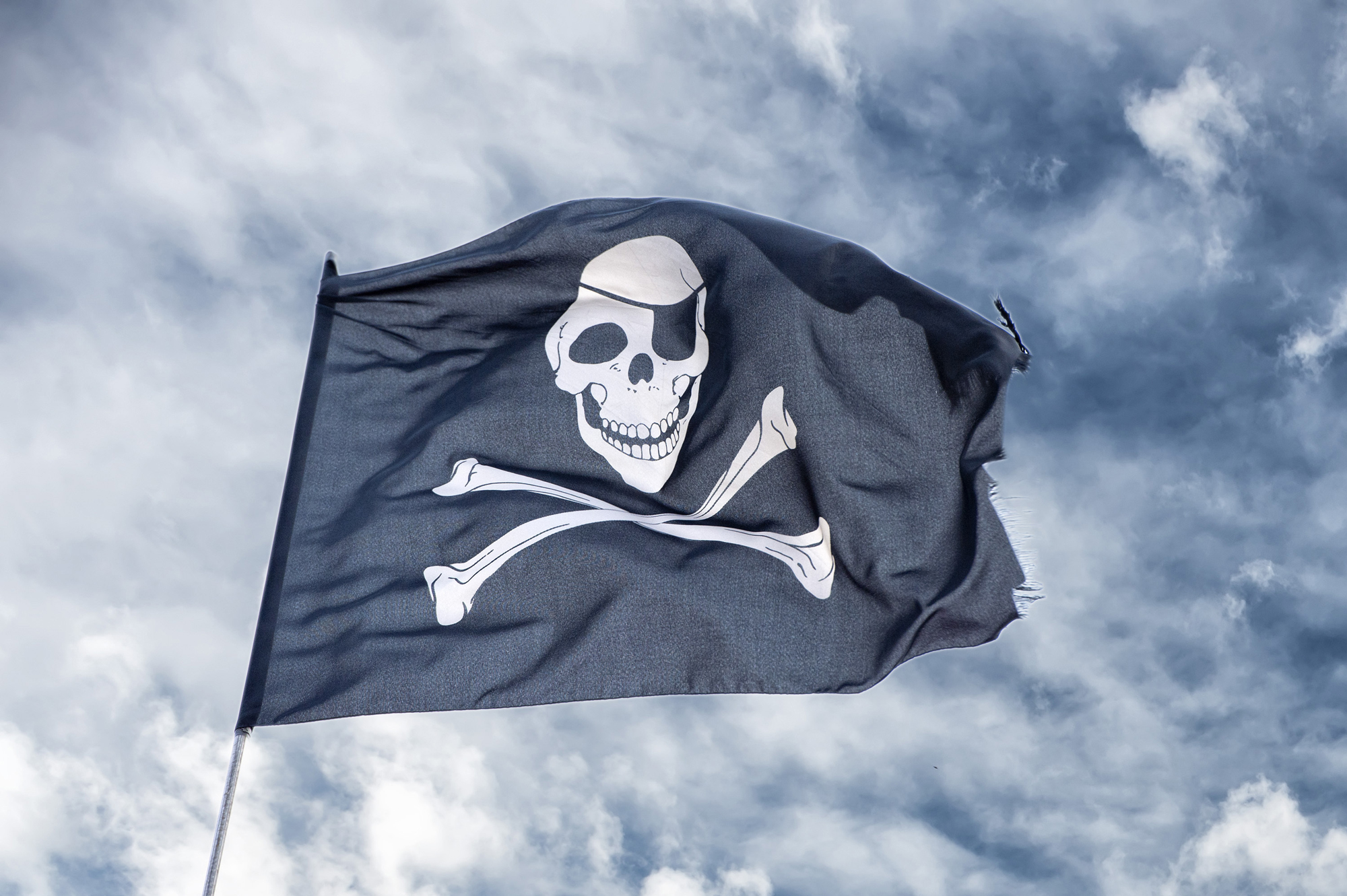ISPs, Aus music industry, still battling over costs

The argument as to who should bear the costs of ISPs blocking customers from accessing copyright infringing overseas websites remains a contentious one.
This was obvious when the case between the music industry and ISPs returned to the Federal Court in Sydney yesterday.
In June 2015, the Australian Government made changes to the Copyright Act that allowed copyright holders to take ISPs to court to force them to block their customers.
But just who would foot the bill was not addressed in the legislation.
In April 2016, Universal Music Australia, Warner Music Australia, Sony Music Entertainment Australia, J. Albert & Son and APRA AMCOS went to the court to deny Australians’ access to Kickass Torrents (KAT).
KAT finds music and movies on other peoples’ computers and sharing them with others. They make millions of dollars in advertising revenue, which is not shared with copyright owners.
Major Australian telcos Telstra, Optus, Foxtel, TPG and subsidiaries, which include iiNet, Virgin Mobile, Vividwireless, Pacnet, Alphawest, and Uecomm, were named in the application.
As revealed in yesterday’s hearing, both sides agree that the easiest and most cost-effective way to block sites is at the domain name server (DNS) level, rather than internet protocol (IP).
The music industry pointed out that its case was different to that of the film studios, filed in February.
Led by Village Roadshow Australia, the studios are trying to block various other sites like The Pirate Bay and streaming site SolarMovie deemed to be infringing copyright with rolling injunctions.
The approach by music copyright holders is to file an affidavit for each new website associated with KickAss Torrents that pops up.
ISPs would have 10 business days to object. The court would decide if it wants to hear from the parties, and if a fresh domain name be added to the blocking list.
The ISPs have no issue over blocking their customers’ access to foreign sites.
But they insist – as they do in the Roadshow case – that it is the rights holders who should pay their costs for applying to each target domain name and for implementing the blocks.
Optus estimated this at $12,500 lump sum, or $50 per domain name.
Telstra also objects to any move that would mandate it implementing a ‘blocked’ landing page for its customers.
According to Justice Burley, the case rests on the precedent set in the Roadshow case, and the future of Kickass Torrents.
Artem Vaulin, the man alleged to be running it was arrested a few months ago and remains behind bars in Poland waiting to be extradited to the US. KAT’s assets were seized and apparently still offline.
Meantime his lawyers are fighting in the US for the case to be dismissed on the grounds that secondary criminal copyright infringement does not exist and that Kickass Torrents was merely a search engine like Google.
Their motion to dismiss stated, “This case arises out of an erroneous theory of criminal copyright law that attempts to hold defendant Artem Vaulin criminally liable for the alleged infringing acts of the users of KickAss Torrents.”
The US authorities will counter these claims over the next few weeks, after which an Illinois court must make a decision.

































